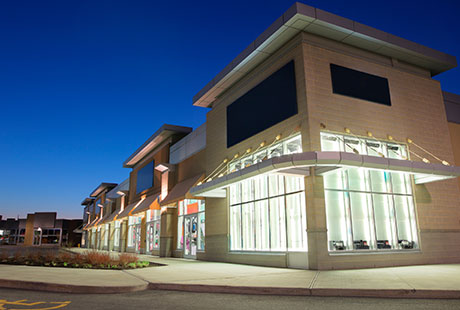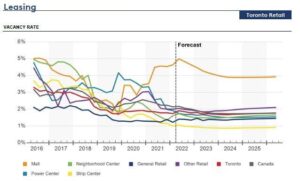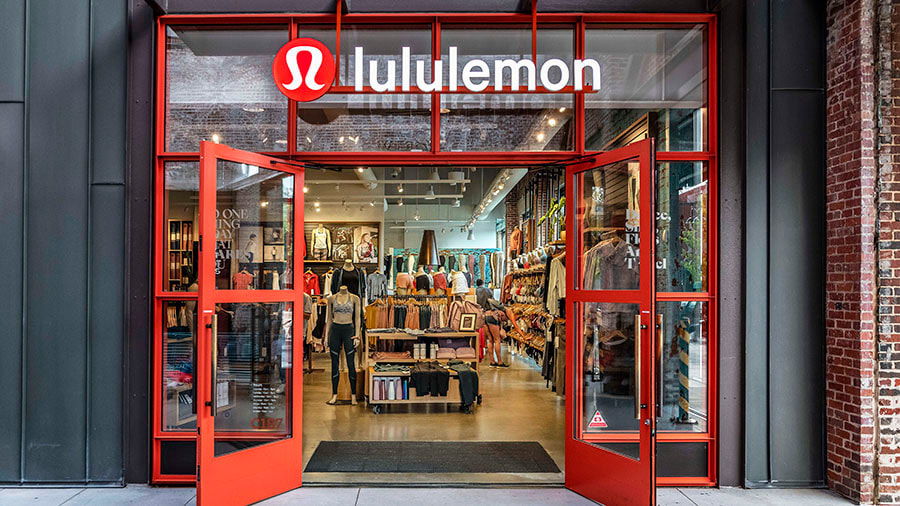How a Liquor Licence Can Affect Your Restaurant Rent in Toronto

If you are the landlord of a restaurant space in Toronto, you know how important it is to find a suitable restaurant operator for your business. You also know how challenging it can be to attract the most successful restaurant brands to your asset. But did you know that one factor that can have a significant impact on your success is whether or not you have a liquor licence for your establishment?
A liquor licence is a legal authorization from the Alcohol and Gaming Commission of Ontario (AGCO) to serve or sell alcohol in a specific location. There are different types of liquor licences, such as liquor sales licence, retail store authorization, temporary licence, special occasion permit and even a provision for a Landlord to takeover a liquor license. To obtain a liquor licence, you need to meet various facility requirements including accessibility and fire safety standards and pay certain fees to the AGCO.
Having a liquor licence can be beneficial for your restaurant space in many ways. It can increase your revenue potential, enhance community enjoyment, and give you a competitive edge in the market. Without a doubt, having a liquor licence can also affect your rent collected in positive ways. If the landlord holds the liquor licence for the property, you can charge higher rent to tenants, as you are offering a valuable and scarce asset that can boost business sales. With a license in place the tenant knows that certain building standards have already been met and their fit-out renovation investment will be less than otherwise. Having a space with a liquor license is like controlling a scarce resource.
Think about the old rules of supply and demand. In general, when the supply of a good or service is low and the demand is high, the price will go up. Conversely, when the supply is high and the demand is low, the price will go down.
In the case of a liquor licence, the supply is constrained by the additional capital needed to comply with AGCO requirements. The demand, on the other hand, is influenced by various factors, such as customer preferences, market trends, and competition. If there are more restaurant operators who want to serve alcohol than there are available liquor licences, the demand will exceed the supply, and the price of a liquor licence will increase.
Therefore, having a liquor licence can increase your restaurant rent in Toronto by creating a competitive advantage and increasing the value of the property. However, this also means that obtaining and maintaining a liquor license can be costly and challenging for both landlords and tenants. They need to consider various factors, such as legal requirements, fees, taxes, insurance, and liability, before applying for or transferring a liquor licence.
If you are looking for a restaurant space in Toronto that suits your needs and budget, you may want to consult with an expert in commercial real estate and liquor licensing. They can help you find the best location for your business, negotiate the best terms and conditions for your lease agreement, and assist you with obtaining or transferring a liquor licence for your establishment.
Ready to dive deeper into the world of commercial real estate insights? Don’t miss out on more valuable information and exciting trends that can help you make informed decisions.




